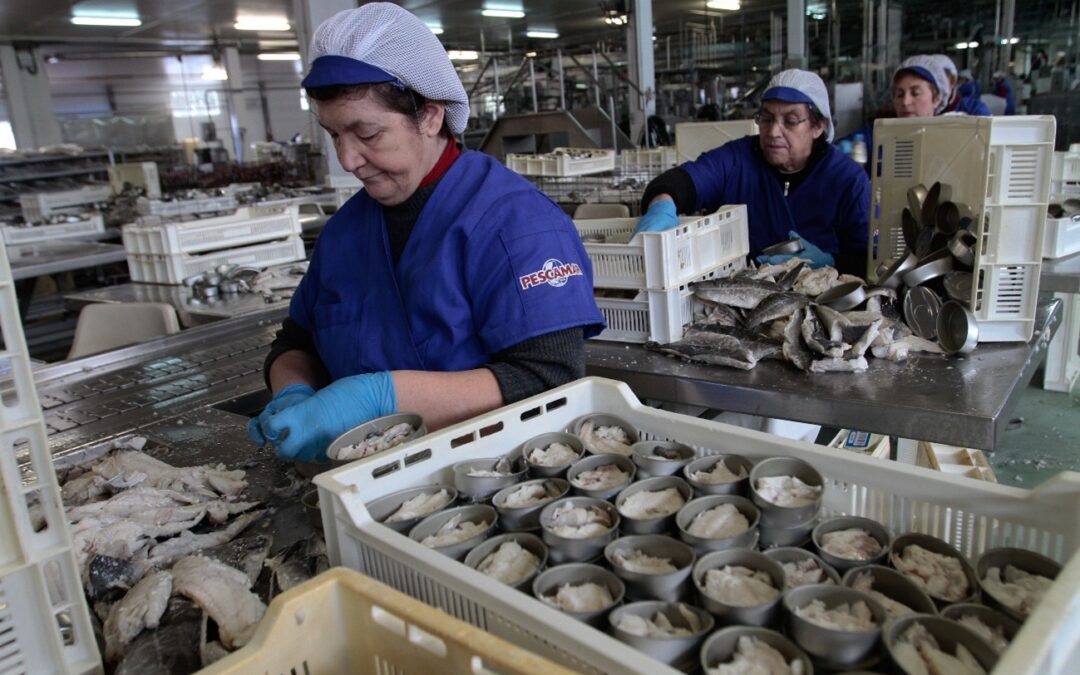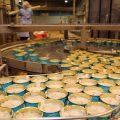The canned seafood industry is at a historic crossroads. The ANFACO-CECOPESCA association is concerned about the uncertainty arising from the serious economic tensions in the market.
With steel and aluminum materials, as well as energy at historic highs in the face of a long and cold winter, logistics stuck in bottlenecks and whose shipping lines have no sign of normalizing demand, or raw materials revolutionized by an unpredictable progression that sometimes generates minimum contract terms in record time, expectations are at their highest. It should not be forgotten that this is an essential and strategic sector of the Spanish economy, as was evident in the last two years of the health crisis, when it took the lead in the supply of safe and healthy seafood products to the public, but it is also currently suffering the consequences of the post-pandemic effects.
Juan M. Vieites, Secretary General, emphasizes that “at a time that was supposed to be a key moment for the recovery of the economy, even for the reindustrialization of the productive fabric, planning points to discouragement due to a lack of accurate forecasts. The commercial agreements become more difficult than ever, with a continuity in permanent doubt that affects the safety of the flow of operations and that alludes, directly, to the term shortage of supplies”.
The data speak for themselves. The collapse in container transport has even raised the cost by 600%, fuel oil and natural gas have doubled (+100%) their values, electric energy may even triple (+200%) its price compared to 2020. In addition to this scenario, there has been an increase in tinplate and aluminum containers, marked by decisions in China and the United States, which already had a 40% share in the raw materials market in an unprecedented “rally”.
In Spain, the canning industry, with almost 15,000 employees, is responsible for bringing wealth to coastal areas dependent on its activity, which could currently be affected. The forecasts are uncertain, not only in economic terms but also in terms of timing and supply.
“Industries need to import raw materials and organize just-in-time production to be efficient and competitive with third countries. An environment of stock-outs, or a lack of logistical resources by land, sea and air, gives a glimpse of the complex situation currently being experienced in the sector,” Vieites adds.
To partially alleviate this situation, ANFACO-CECOPESCA believes that the European Union should take immediate and coordinated measures with international impact, to prevent a loss of industry and employment difficult to recover, as a result of the fragile situation in the European environment of the Spanish canned tuna that continually demands a level playing field, providing only 50% of the consumption of canned tuna in the EU.
“We must alert that, as the first European power, we cannot afford to lose the generation of added value and employment, and for which we request the sensitivity of the Administration to work to urgently improve the situation,” Vieites concludes.













